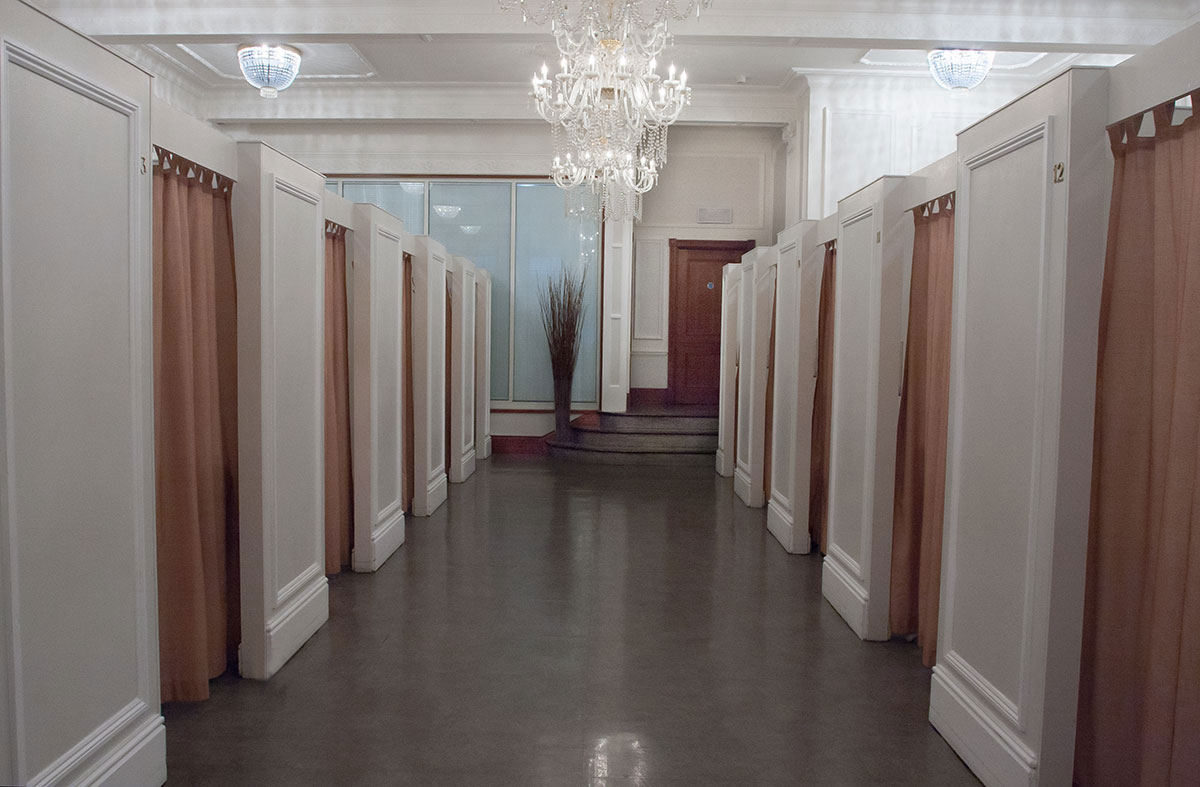Talking to...Eileen Cavalier
The LCBT founder and chief executive tells Eve Oxberry why funding cuts are the biggest threat facing the industry and how employers can help effect change
"The beauty industry is sleepwalking into a major crisis,” says Eileen Cavalier OBE when I ask her thoughts on the impact of funding cuts in education on the wider market. “For adult funding there’s been a cut of 15-20% over the last three years and in the current academic year, which has just started, it’s a further 25%.”
These cuts, she says, mean fewer students aged 19-plus are signing up because they can’t afford to take out loans to study, while the expense of buying the equipment needed to deliver beauty therapy courses means fewer further education colleges are offering the qualifications. Meanwhile, growth in the salon and spa market and in the number of retail brands offering treatments in stores, mean that demand from industry for mature, qualified therapists is greater than ever.
“There’s no doubt salons prefer more mature staff and of course the industry is great for people coming back to work and fitting it around a family, but that’s where the cuts are,” she says. “In England there were 4,000 fewer qualified therapists entering industry last year compared to the previous year, and for LCBT alone there will be 500 fewer this year.”
In recent years, Cavalier has been lobbying Government about this conflict through her membership of bodies such as the Parliamentary Skills Commission, the Enterprise Forum for the CBI, and the Ofsted forum for London. “I’d never have done those things five years ago but I need to keep getting the message across about the size and the importance of the industry, not just to the GDP [gross domestic product] but to employment,” she says, although at times she admits to feeling like a “one-man band”. “We need more representation from the beauty side. It’s the small salons that will suffer most so I’d urge them to get involved in Habia meetings,” she says. “It’s almost all people from hair who are there getting their voices heard.”
Commercially minded
Cavalier has been championing closer links between industry and education since she set up London School of Beauty Therapy (LCBT) in 1995. Coming from an industry background, having worked at a consultant for cosmetic companies, she established the school after consulting employers about gaps in provision. “Other than one or two small private schools, there was no one in central London providing training for beauty therapists, so I specifically wanted to make the college open to everybody because I knew the potential beauty therapy gave to people,” she says.
“I remember talking to Frances Hayter, who was running Regis, and she said no one had ever asked her what was important to employers before. We launched with monthly enrolment so there was a constant stream of qualified therapists entering the industry. And we don’t have term breaks – salons don’t have breaks so to me it’s incomprehensible that you’d do vocational training in any other way.”
Over the 20 years since she founded LCBT, Cavalier has seen some huge changes in the market, which have impacted on how courses are delivered. “It was predominantly small salons offering treatments; none of the department stores you see today. Champneys existed of course but there weren’t the huge spas either,” she says.
To reflect the growth of wellness, LCBT added fitness courses to its offer in 2012, and to meet demand from brands performing treatments in stores the college is now developing some interesting new apprenticeship programmes. LCBT runs a Job Shop, which matches students with roles in industry and Cavalier says there are never fewer than 350 advertised, but in recent years, the proportion wanting therapists for in-store treatments has shot up. “We’re swamped by cosmetic companies coming to interview our students for literally 20 positions at a time,” she says. “We can’t cope with demand, and if the cosmetic industry is employing them all, what happens to the small salons? So I came up with a different method of delivery for beauty apprenticeships for retailers.”
The first of these bespoke programmes is rolling out from September and will see LCBT train make-up brand Benefit’s area managers as assessors so they can evaluate staff on counter. “An area manager isn’t really looking at anything different than their normal paperwork, other than some additional points to make it match the qualification framework,” says Cavalier.
“The worst thing about public funding is the inspections and the lengthy reports we have to produce. Partnering with a college means industry doesn’t have to be bothered with all that.”
Numbers game
However, while this approach suits large multi-site companies, Cavalier says it’s not so simple to replicate for smaller salons and spas. “Assessor training is not funded. With retail companies, we say, ‘here’s a package and we’ll train people at our cost’ but we can afford to do that because of the volumes involved,” she says. “It’s harder in salons because treatments are one-on-one, they have to be supervised all the time, and few salons have all the equipment needed for an apprenticeship. The only way around it is if there’s an on-site assessor, so I asked the skills council if there’s funding to train on-site assessors but they said no.”

While LCBT may be limited in the support it can lend to salon apprenticeships, the college is planning some major changes in the coming year to broaden its provision of college-based qualifications. “We’re looking at opening new sites in other locations across the UK,” says Cavalier. “We have identified regions. I can’t say where yet but we know that funding cuts at FE colleges mean there’s likely to be a reduction in the number running beauty courses, so as a specialist beauty college we are looking to open in other areas to meet growing demand. We think differently because we’re a specialist college; so we don’t just deliver courses, we study the industry that we’re in.”
And with such a commercially focused principal at the helm, it’s likely that demand for the new schools will be high – both from career-focused students and employers that want therapists who can hit the ground running.

